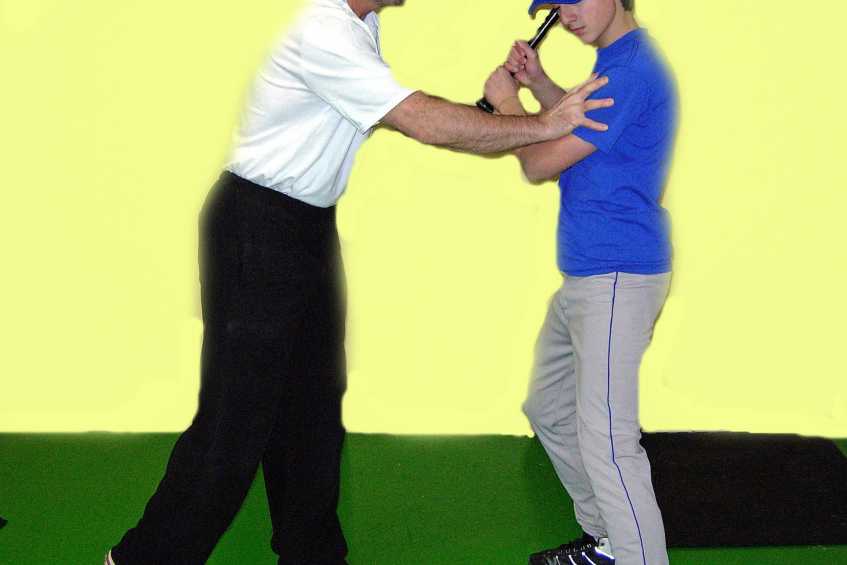
You will notice below that my top baseball coaching tips for youth do not involve endless work on batting. So many coaches set up their early season baseball practice drills with only hitting in mind and little regard for other parts of the game. Unless teams are working with an experienced hitting coach, using the time on batting is an exercise in reinforcing bad hitting habits. Gaining timing for youth does not take long, so endless batting sessions are wasteful. The time may be better spent on learning other parts of the game, especially fielding skills. Sometimes, logistics dictate what teams can do in cold weather states because batting cages are easier to find than space for defensive situations. However, with creative use of small areas, coaches can maximize their team's development and knowledge of baseball strategy. If youth baseball coaches ever have the opportunity, they should get to major league spring training. Getting any chance to see the best players in the world prepare for the season and play is special. But, the best part is the opportunity to observe the daily and detailed baseball practice plans that go into a major league teams' preparation. The key word there is detail, as the major league coaches leave no base uncovered with their baseball drills and training programs. Youth baseball drills do not have to be as comprehensive as they are at the higher levels of baseball. But, they should include some game strategy work as part of every baseball practice. Safety concerns should always be a priority with inexperienced youth players.
Coaches should:
Finally, coaches should avoid having too many early season practice sessions, before increasing the number closer to the season's start. It's a long year ahead and burning kids out is possible. Quality time trumps quantity every time. Of course, tops on every baseball coaching tips list are making things enjoyable for players by providing patient and enthusiastic coaching.
After playing major league baseball, Jack Perconte has taught baseball and softball since 1988 and offered valuable coaching training too. He has helped numerous youth players reach their potential, as well as having helped parents and coaches navigate their way through the challenging world of youth sports. Jack is one of the leading authorities in the areas of youth baseball training and coaching training advice.
All Jack Perconte articles are used with copyright permission.There are 0 comments on "Essential Baseball Coaching Tips for Preseason Training"
chandler allen says:
"Hi my name is chandler, i’ve enjoyed..."
On Wanting to tryout for summer ball. as an 18 year old
david graham says:
"With no current MLB team in Canada,..."
On With no current MLB team in
Charles Chavez says:
"To All Coaches: Do you have13U or..."
On Looking for Games